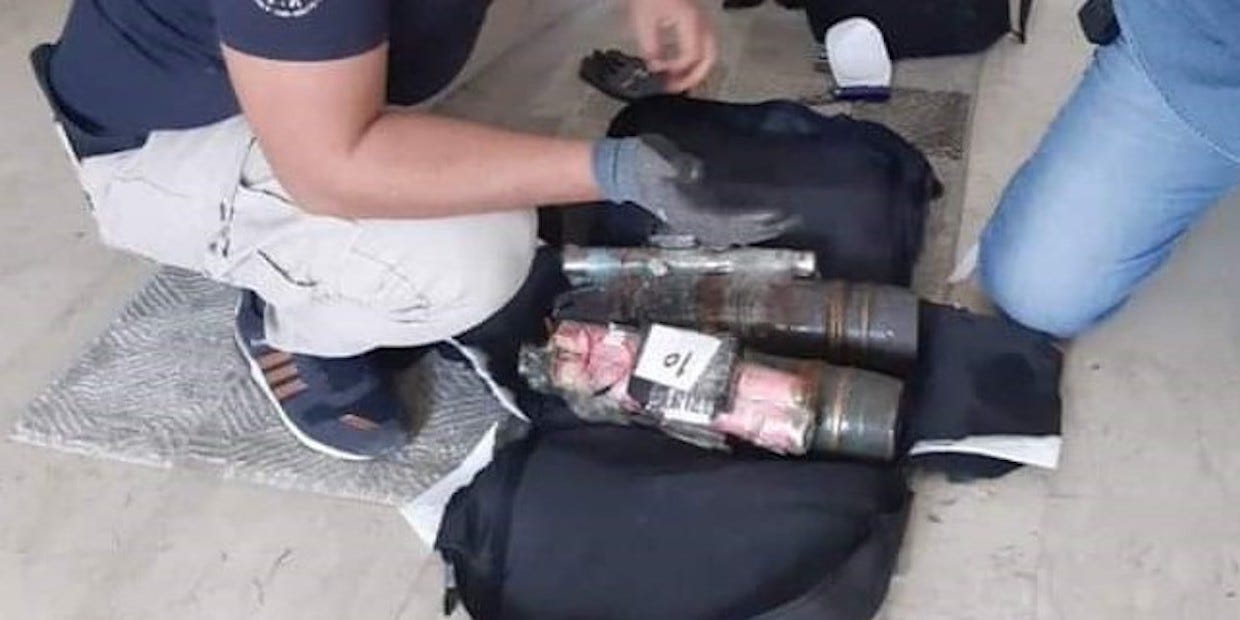
US Africa Command
- Russia has expanded its engagement with Africa, seeking their support and access to their resources.
- A key part of that outreach has been through a shadowy private military contractor known as the Wagner Group, which is supporting Russian-backed forces across the continent.
- Visit Business Insider’s homepage for more stories.
In 2014, Russia’s little green men spearheaded the invasion of Crimea and foray into eastern Ukraine. Today, it’s mercenaries from the Wagner Group who are implementing Russia’s foreign policy in Africa and the Middle East.
Wagner Group is a Russian private military company with close ties to the Russian government. Founded by a former Russian military intelligence officer, the paramilitary group debuted on the international stage in Ukraine in 2014.
Russian businessman Yevgeny Prigozhin, who has been indicted by the US for his role in interfering with the 2016 presidential election, is allegedly bankrolling Wagner.
Composed of former military personnel, the Wagner Group provides combat advising, foreign internal defense — the training of local forces — and direct action services. It often works in conjunction with Russian intelligence services and special-operations units.
In Africa, and particularly in Libya, Wagner has become Moscow’s go-to tool to pursue its foreign-policy goals.
A full-fledged proxy conflict
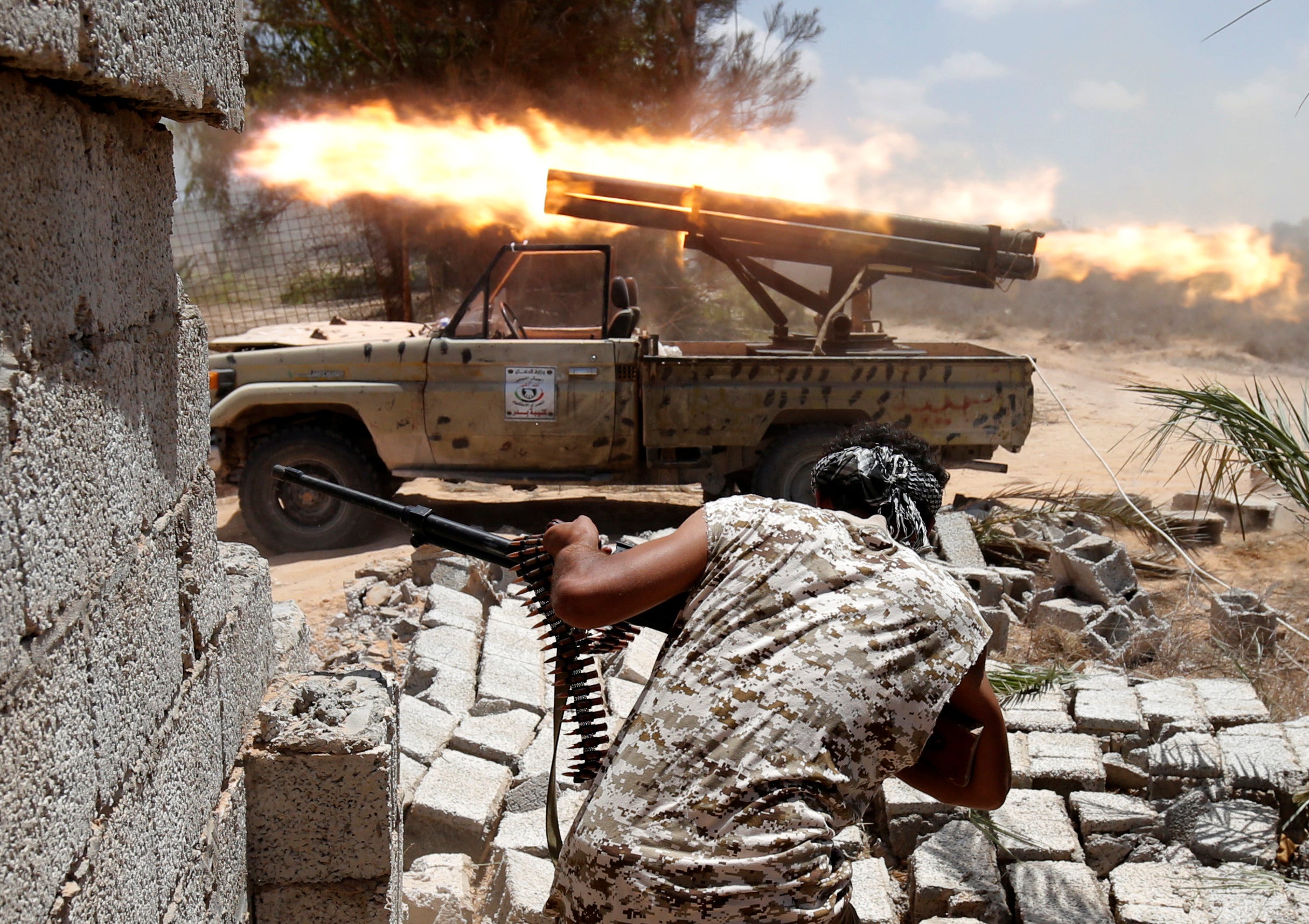
Reuters/Goran Tomasevic
The current Libyan Civil War traces its origins to the Arab Spring and the death of longtime dictator Col. Muammar Gaddafi in 2011.
Now the war has become a full-fledged proxy conflict, much like in Syria. Libya's Government of National Accord (GNA) is supported by Turkey and Qatar. The opposing Libyan National Army (LNA) is backed by France, Egypt, Saudi Arabia, Sudan, the United Arab Emirates, and Russia.
Wagner mercenaries have been in Libya since at least 2018. Today, according to the US State Department, there are about 2,500 of them fighting for the LNA, as well as 3,800 Syrian fighters, some of them jihadists, supporting the GNA.
Russia upped its stakes in the conflict by deploying 14 MiG-29 and SU-24 fighter aircraft to Libya in May. True to its reliance on covert activities, Moscow ensured the aircraft were repainted and flown by mercenaries so as to be able to deny official involvement. The jets will go a long way in ensuring the air superiority that's crucial in a conflict.
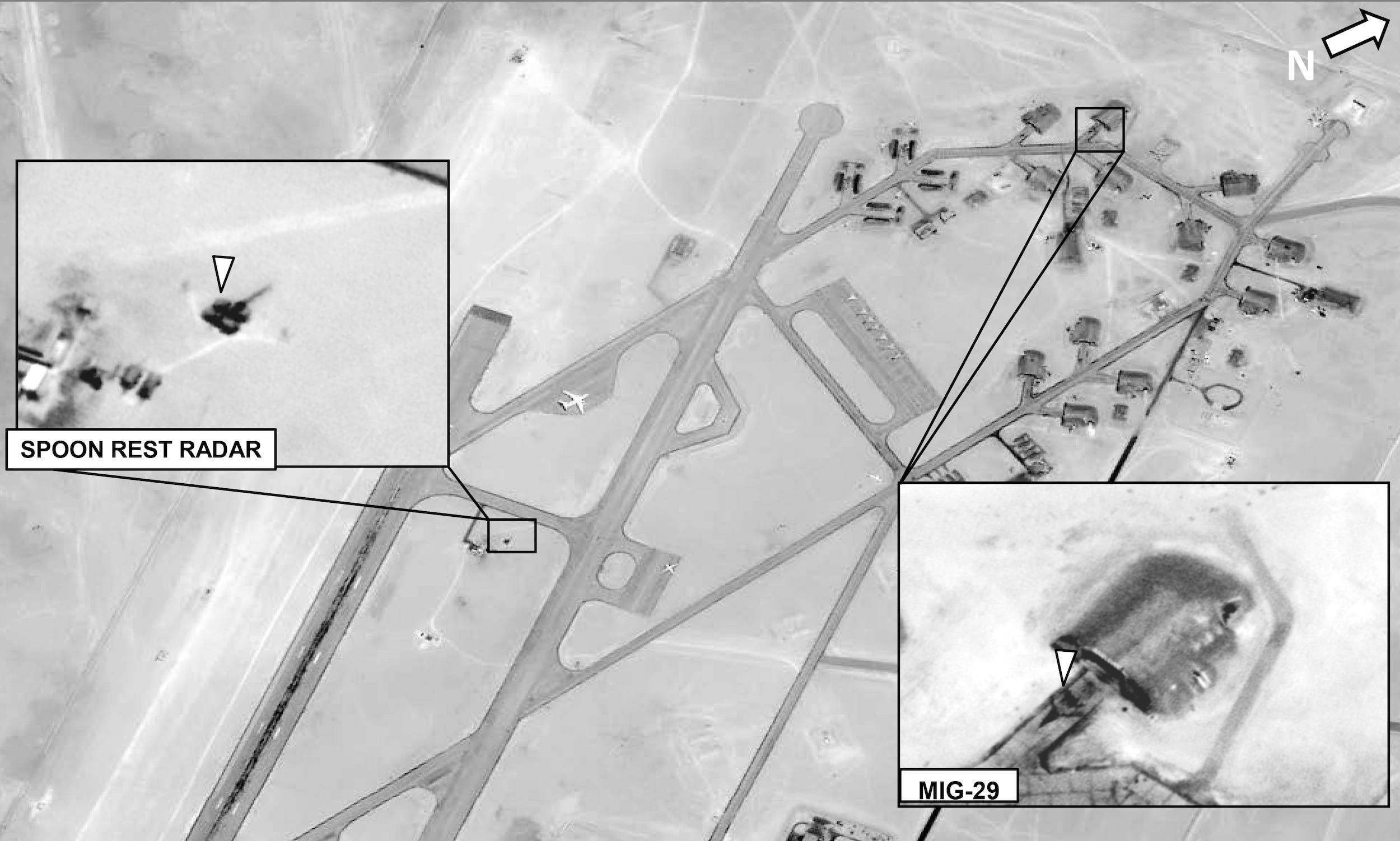
US Africa Command
In Libya, Wagner mercenaries are the main link between Russia's technological assistance and LNA's ragtag fighters. They primarily coordinate air sorties and artillery fire but also provide more hands-on assistance like sniper support.
As such, Wagner personnel are operating in a way similar to US special-operations units, for which partnering with local forces and directing American firepower have become pretty standard around the world since the 2001 overthrow of the Taliban in Afghanistan.
In a recent report, US Africa Command (AFRICOM) accused Wagner of indiscriminately planting mines and improvised explosive devices (IED), in some cases even using children's toys to hide them.
In addition, a recent UN report stated that Russia, Turkey, the UAE, Jordan, Russia, and Qatar have breached the UN-imposed arms embargo on Libya.
But Libya is just one African battlefield where Wagner is currently engaged. Wagner mercenaries and Russian advisers can also be found in Rwanda, Madagascar, Sudan, the Central African Republic, and Mozambique.
Another 'Scramble for Africa'
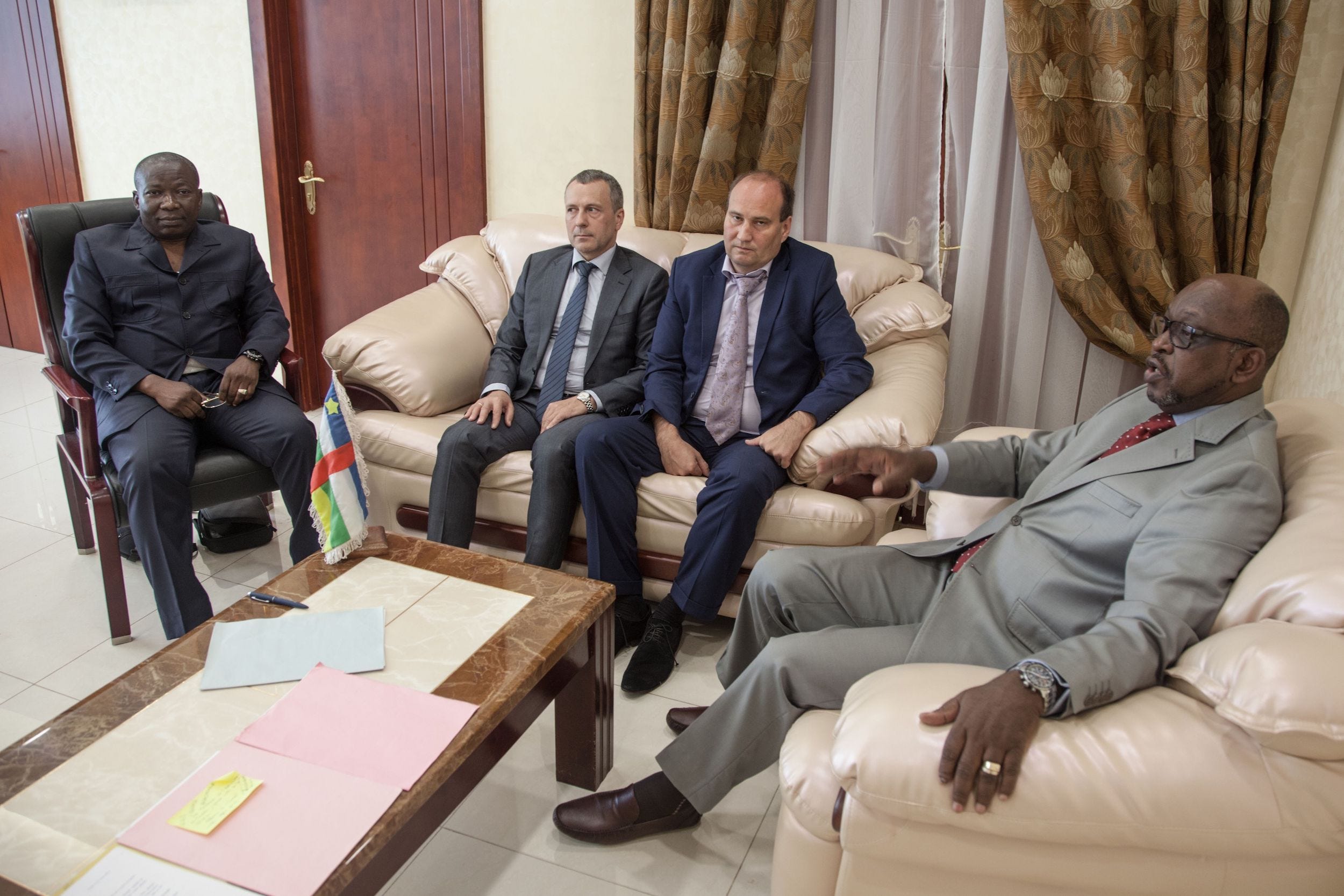
FLORENT VERGNES/AFP via Getty Images
The US's decision to reduce its footprint in Africa has opened the door for other powers.
China already plays a big role in Africa, with scores of economic, infrastructure, and military schemes. Russia is catching up with similar presence in at least 20 countries. A second "Scramble for Africa" — this time for resources and international clout — is fully underway.
"Wagner is deployed by Russia as an extension of its foreign and military ambitions, and authoritarian regimes just so happen to be the clients. Of course, those type of regimes often try to solve civil unrest by force, and Wagner is such a tool," Ahmed Hassan, CEO of Grey Dynamics, an intelligence consulting firm, told Insider.
"However, [Wagner Group] has never really been successful apart from Crimea maybe, which did not invite them. Wagner also fits in the larger strategic philosophy of Gen. Gerasimov, the so-called Gerasimov doctrine, filling that space between war and peace, or the 'gray zone,'" Hassan added, referring to Gen. Valery Gerasimov, the Russian military's chief of the general staff.
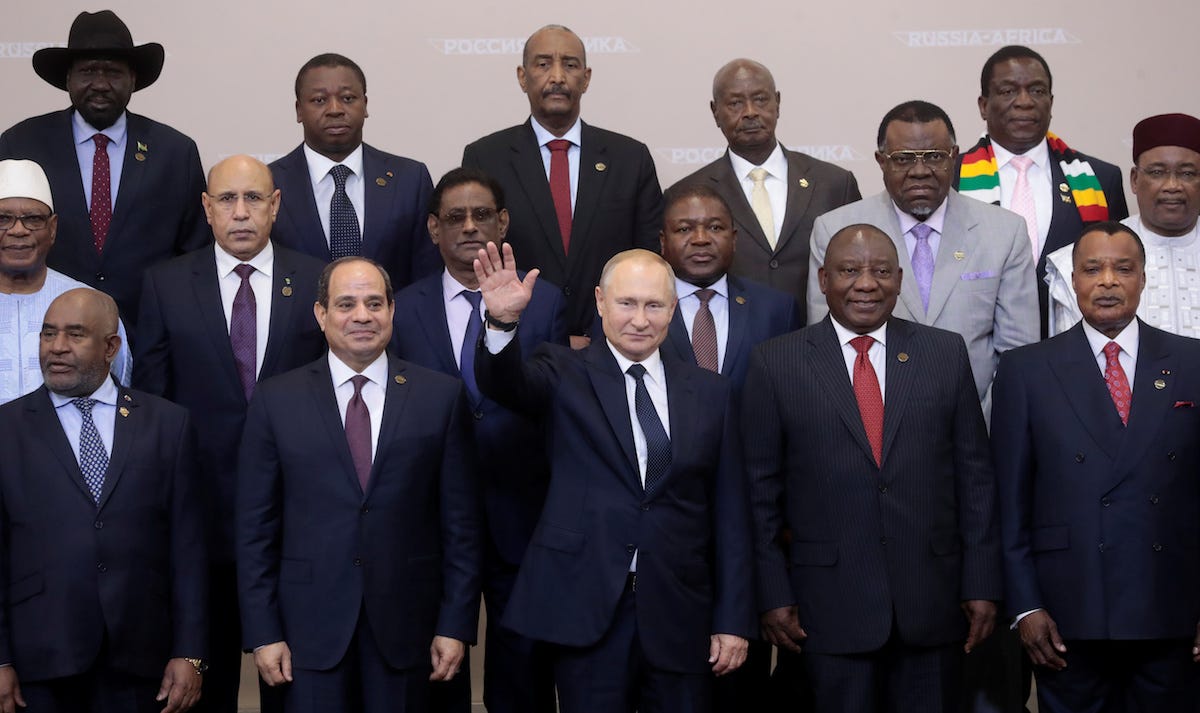
Sergei Chirikov/Pool via Reuters
For many African and Middle Eastern countries, the multinational composition of the mercenary groups operating in Libya is potentially destabilizing.
As that conflict winds down, those mercenaries who survive will look to export their experience to other volatile parts in the region, much like the Syrian fighters now in Libya who are being financed by Turkey.
These mercenaries are often linked to criminal activity or violations of the rules of armed conflict. Wagner Group in particular has a track record of war crimes.
Wagner Group offers Moscow a convenient and flexible foreign-policy tool that aligns with its preference for low-visibility operations. The Kremlin maintains deniability when it deploys Wagner, since there's no official record of the company in Russia.
Indeed, the intentional fog that surrounds Wagner Group and its operations enables President Vladimir Putin to claim that any Russians fighting in Libya are not paid or supported by his government.
Stavros Atlamazoglou is a defense journalist specializing in special operations, a Hellenic Army veteran (National Service with the 575th Marine Battalion & Army HQ), and a Johns Hopkins University graduate.
